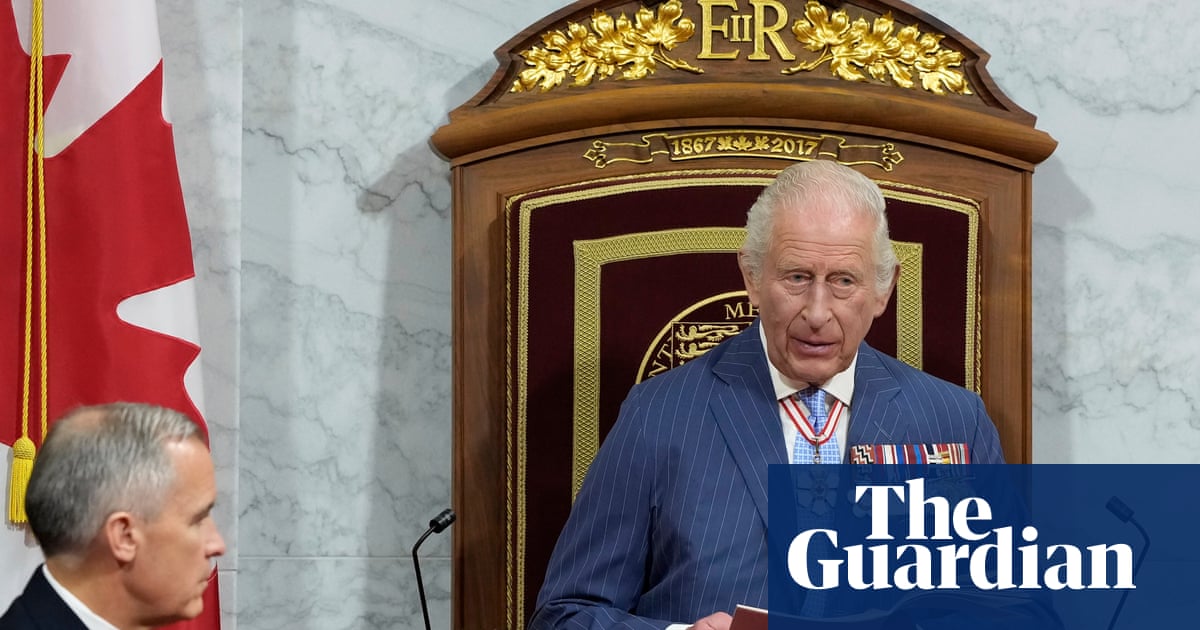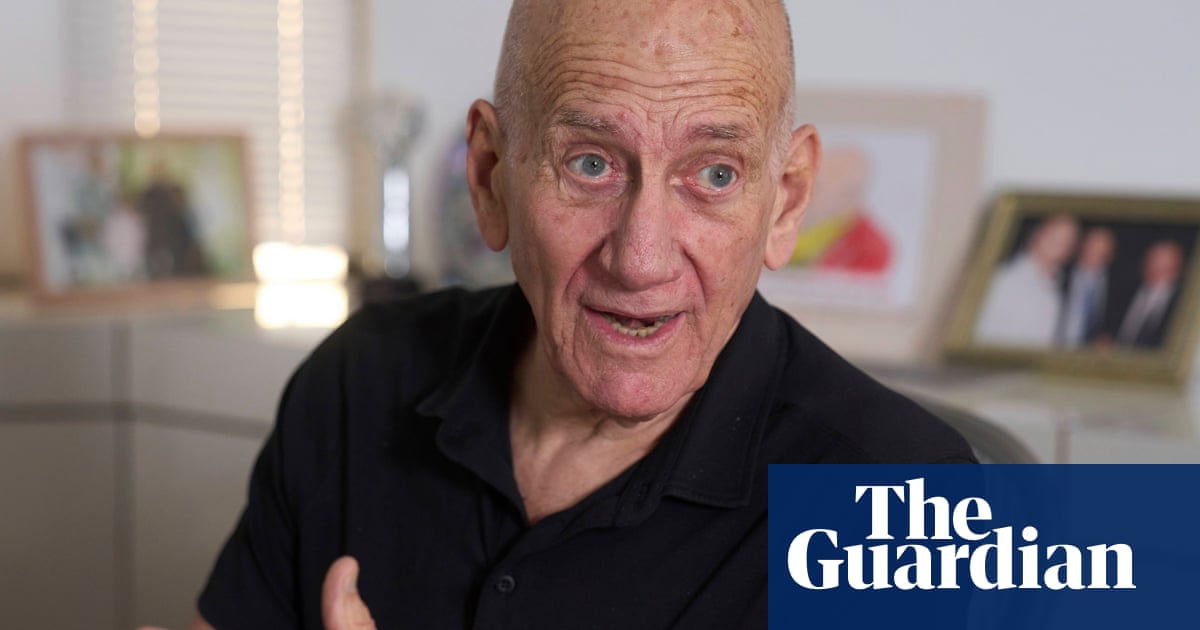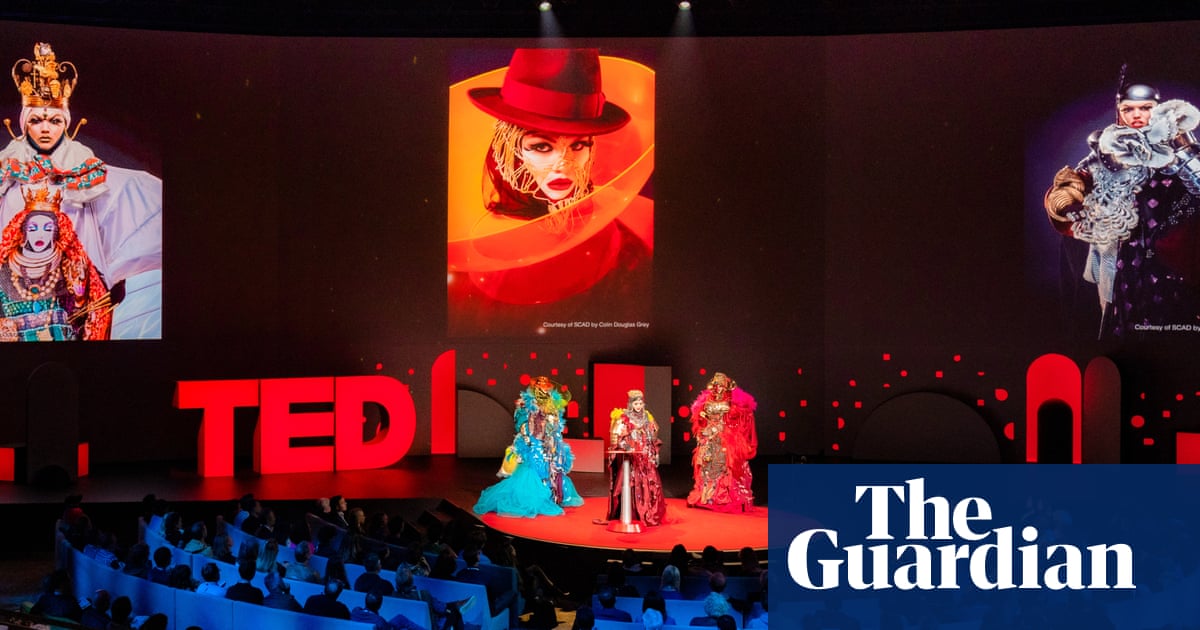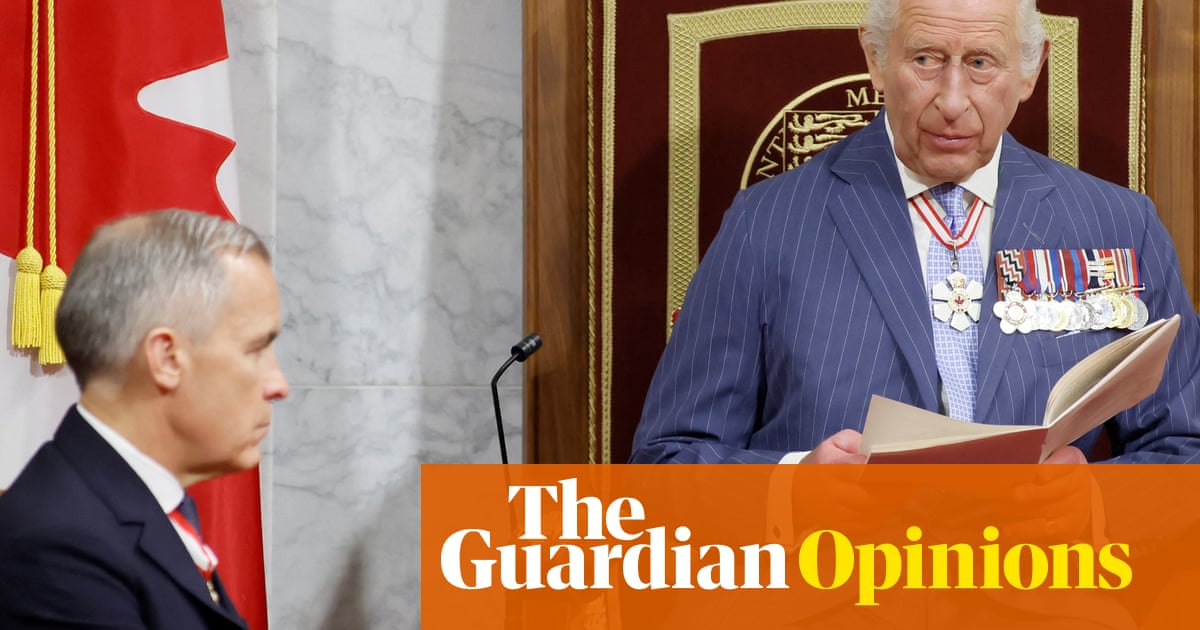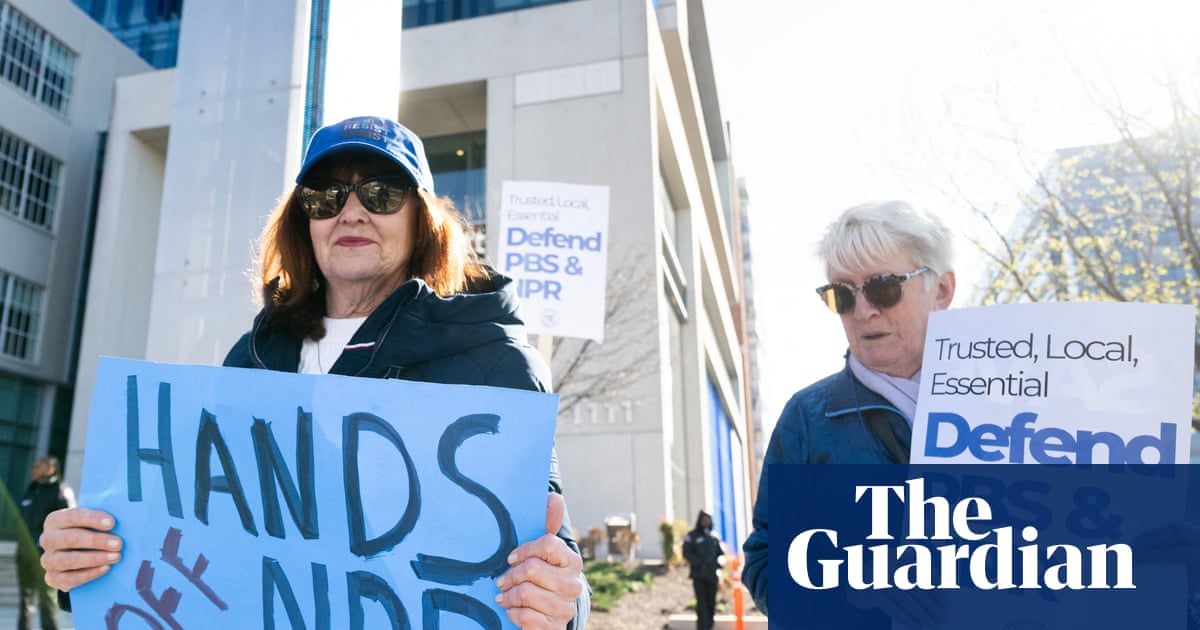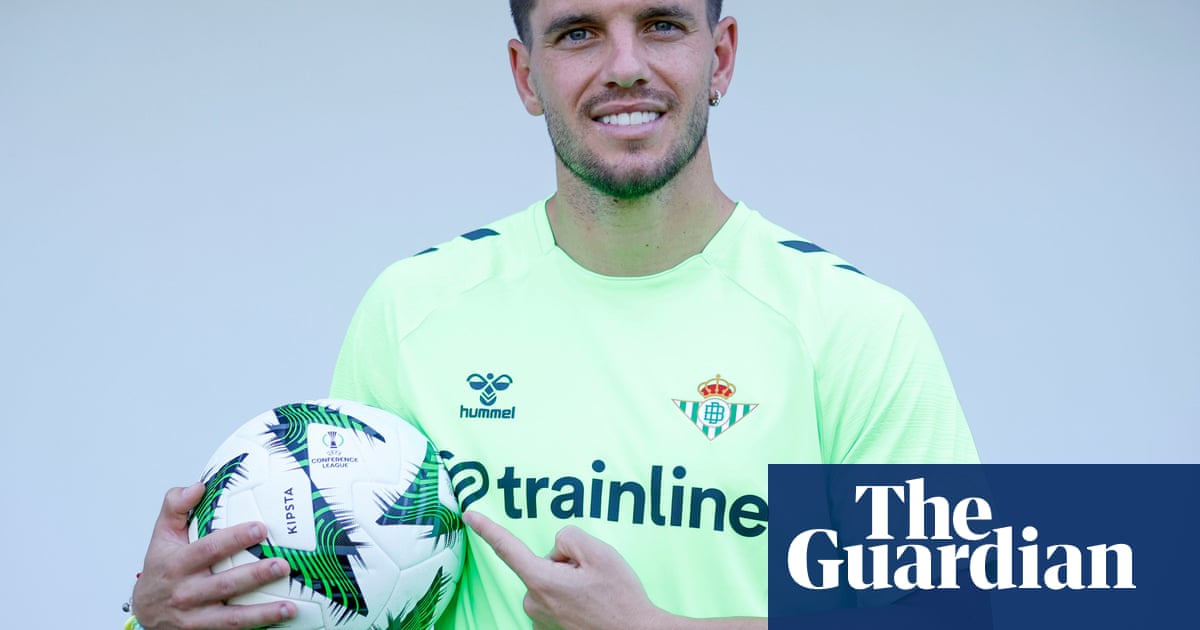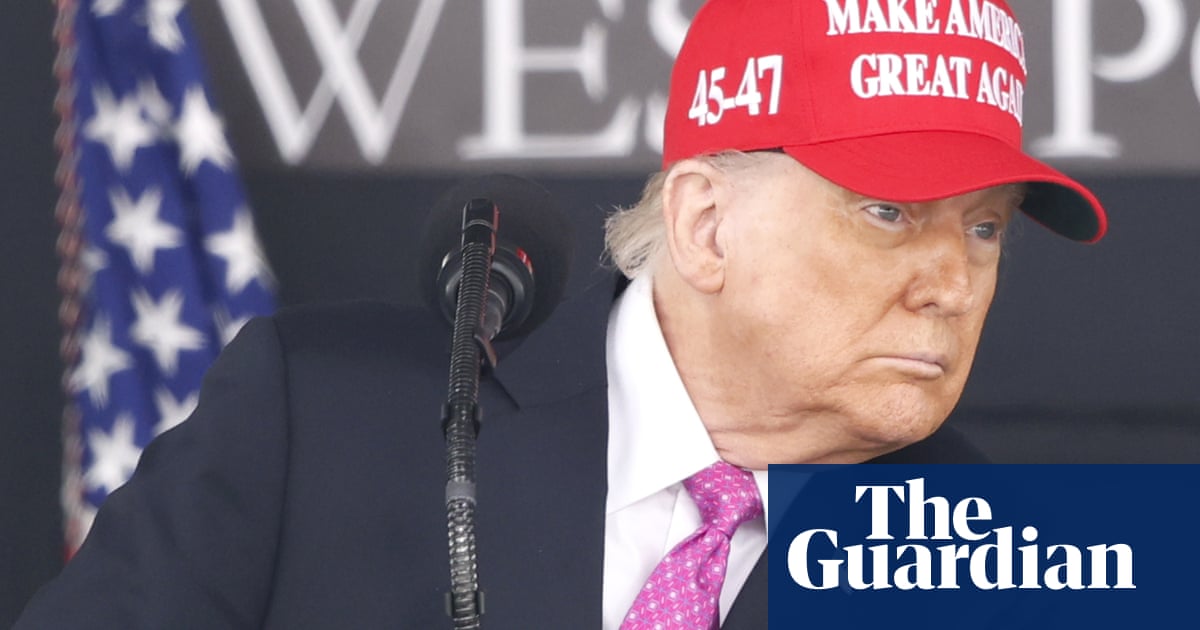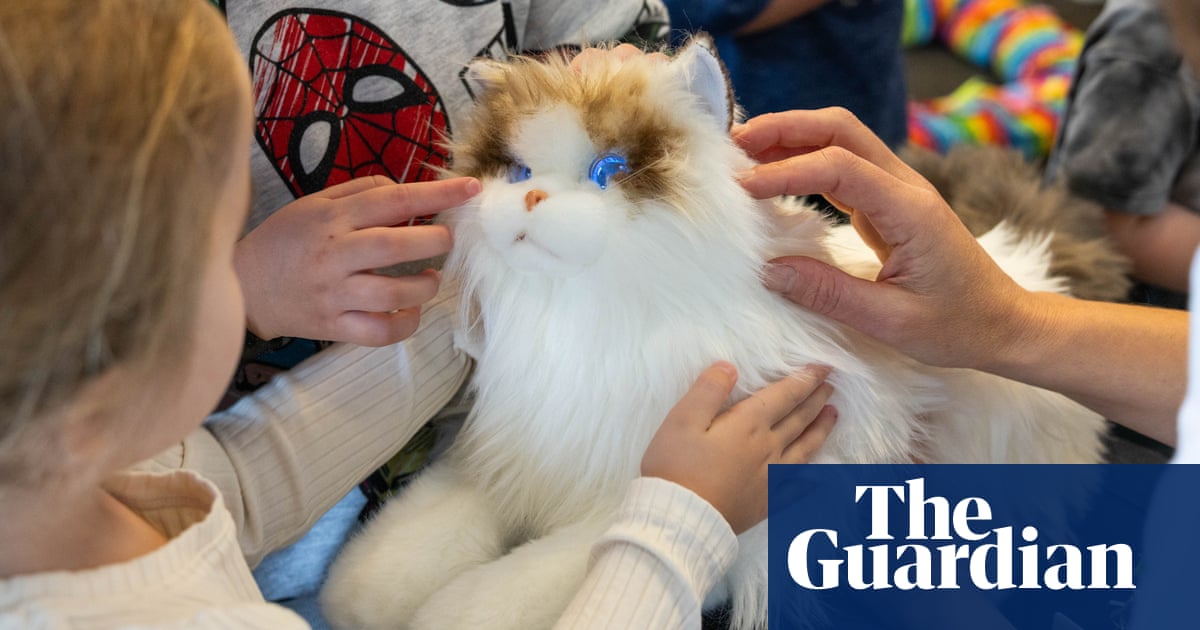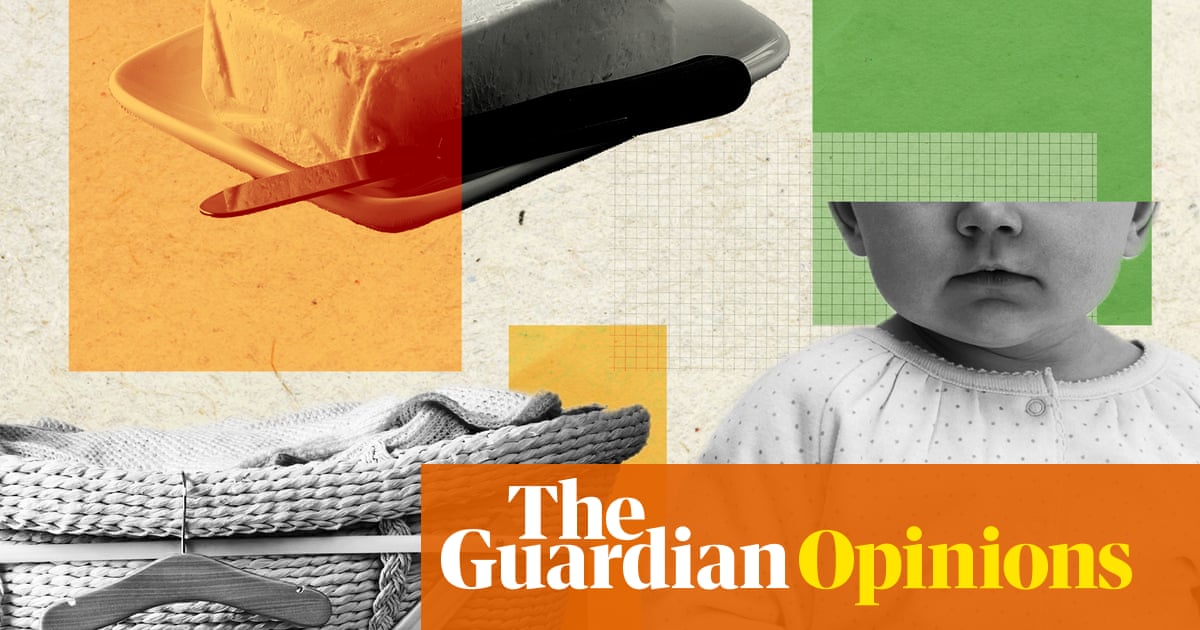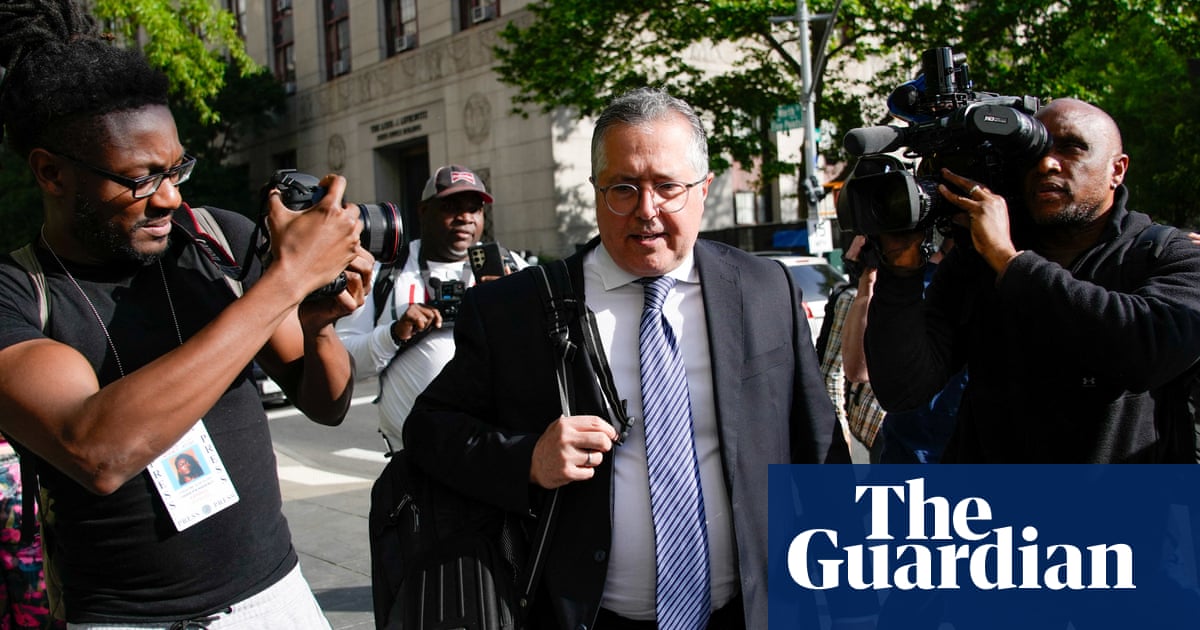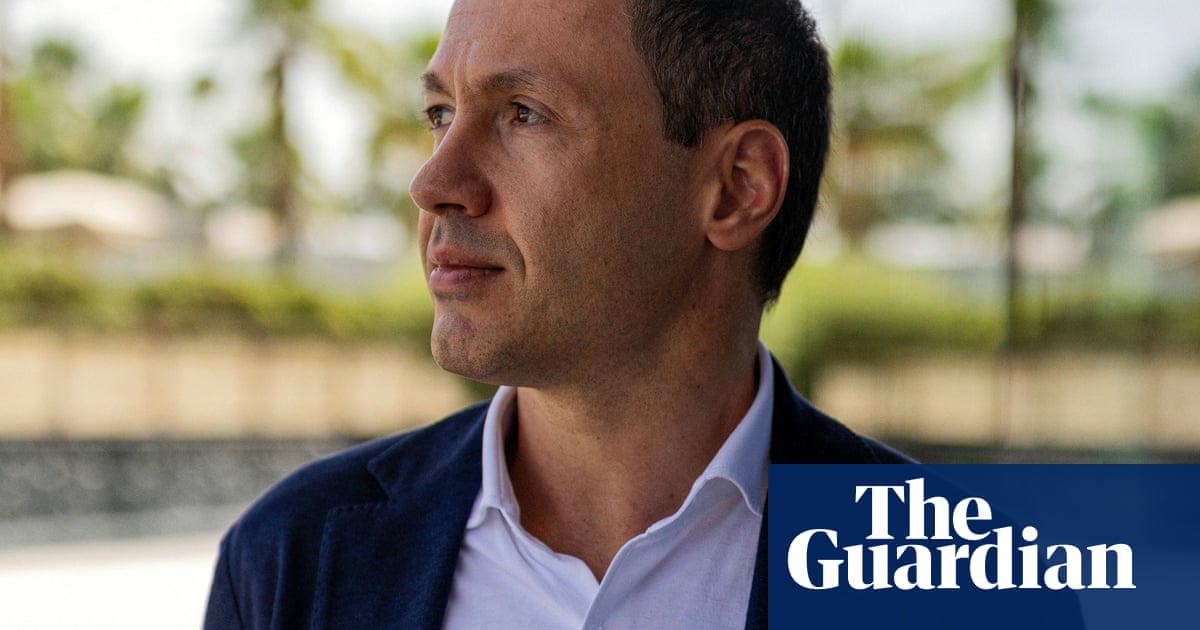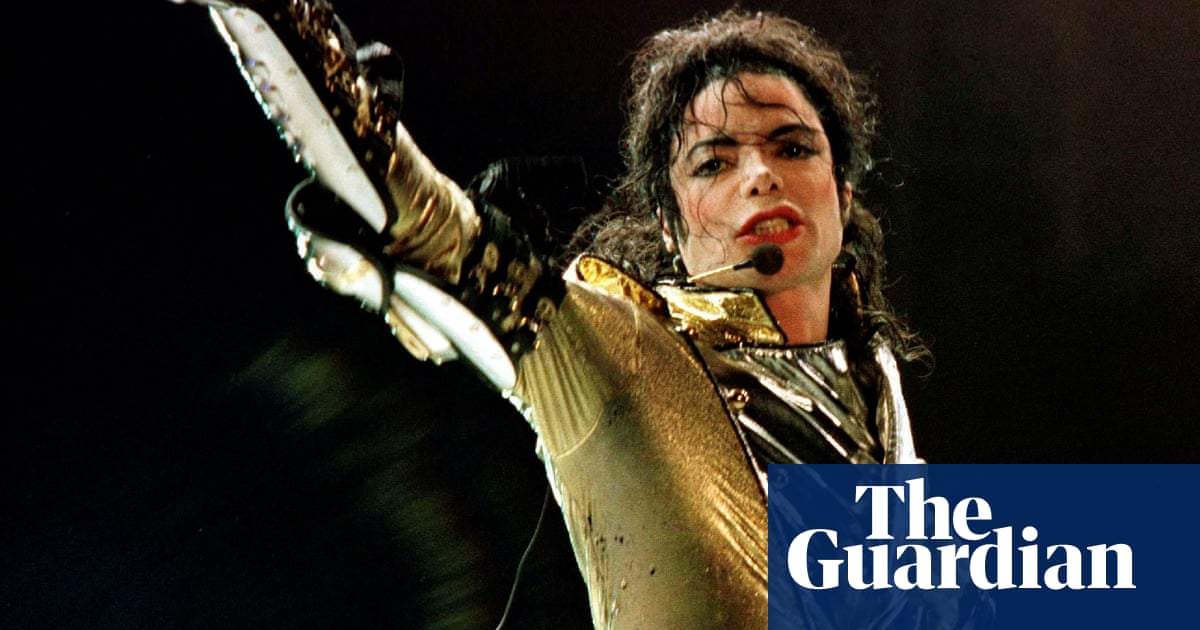Justin Kelly and I first met in 2008 when I was sent to Los Angeles to interview Gus Van Sant. I breezed into the screening room where Van Sant was viewing a rough cut of his film Milk, and promptly tripped over the film-maker’s Australian shepherd Milo, who was snoozing in the dark. Kelly was minding the dog that morning, so in some small but unshakable way I will always blame him for my spectacular stumble.
Kelly was the editorial assistant on Milk, which starred Sean Penn as the assassinated San Francisco politician Harvey Milk, and James Franco as his lover. Kelly then went on to direct Franco on two occasions as gay characters based on real people: activist Michael Glatze, who renounces his former life after finding religion in I Am Michael; and the escort, porn producer and convicted murderer Joe Kerekes in King Cobra. Consequently, Kelly has had a ringside seat for the whole “queerbait” argument over whether straight or apparently straight actors should play LGBTQ+ roles.
“I never saw James’s performances as him ‘pretending’ to be gay,” he tells me from among the jaunty cushions in his mother’s guest bedroom in Prescott, Arizona, where he has stopped off during a road trip. “I just saw him as being interested in playing all kinds of characters. He knew he could help these cool queer movies get made and give someone like me a chance to direct. When we were doing press, journalists would throw him some shade, and I’d be like, ‘He’s bringing these incredible queer stories to the screen, so what’s the problem?’”
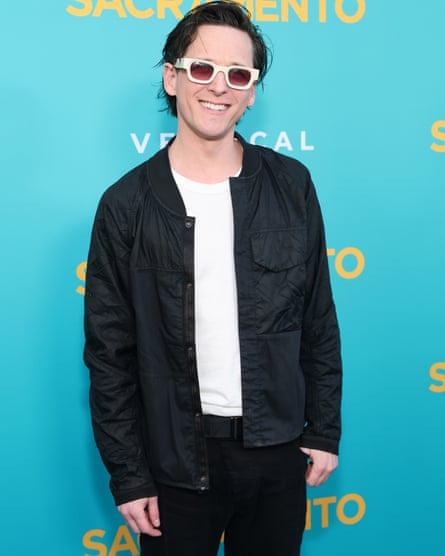
The term “queerbaiting” wasn’t in circulation when I Am Michael opened in 2015. “Once it started floating around, I became very irritated by it,” Kelly says. “I think it’s fucking bullshit. Since before Stonewall, gay people have been asking the straight world to accept us and not treat us differently. And now we finally have these huge names – actors, musicians – telling the world that not only should you not be homophobic but that maybe it’s fucking cool to be gay … and people are mad? I’m like, ‘What is wrong with you?’” He is laughing and spluttering. “That’s what we’ve been asking for all this time!”
Such complaints may be guided partly by the misapprehension that work is being snatched away from LGBTQ+ talent. “Dare I veer into a controversial example?” asks Kelly. “Scarlett Johansson was going to play a trans character, then people raised hell, so she dropped out.” He is referring to the still unmade Rub & Tug, for which Johansson was cast as the real-life trans male gangster Dante “Tex” Gill, before she stepped down from the film in 2018. “It would have been a great story to get out there. Who knows how many people it would have inspired? But it fell apart. And now that movie is gone. I think queer people should feel bummed about that. I mean, imagine ScarJo at the Oscars for playing a trans man: that would’ve been major. The important thing to remember is – guess what? – famous actors get indie queer films financed. And we need visibility.”
After twice working with Franco, who spent more than a decade teasing the world that he might be gay, Kelly directed Kristen Stewart in JT LeRoy, about a notorious real-life literary hoax. Until Stewart came along – and came out – no other modern performer of comparable calibre and status had expressed queer sexuality so emphatically through their choices of roles. In JT LeRoy, she stars as Savannah Knoop, a non-binary artist who agreed to pose as the (male) author of a brace of queer novels that were in fact the work of Knoop’s older sister-in-law.
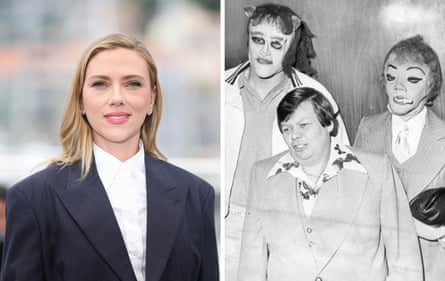
Stewart has also been revelatory as a diffident night-school teacher pined over by a timid student in Kelly Reichardt’s Certain Women, and as a queer, steroid-pushing gym boss in Rose Glass’s lurid B-movie-style romp Love Lies Bleeding. Much of the frisson in her two films with Olivier Assayas – Clouds of Sils Maria and Personal Shopper – derives from the effect of her being not quite tangible, or just out of reach. In both, Stewart is a peripheral or ephemeral figure: a curious position for one of the world’s most photographed faces. Personal Shopper, JT LeRoy and Spencer, in which she plays Princess Diana, all provide Stewart with fastidious scenes of dressing and undressing that hint at the divestiture or cultivation of layers, defences and secrets. The sense is that the actor is exposing some unseen inner dimension, expressing her own queerness through a series of masks.
Attaching Stewart to JT LeRoy was nothing short of a coup. She came out publicly on Saturday Night Live in 2017, being greeted with cheers after describing herself as “like, so gay”. Kelly had met her a few years earlier to discuss the script, which he and Knoop adapted from Knoop’s book Girl Boy Girl: How I Became JT LeRoy. “Kristen made it clear that she’d brought her girlfriend with her,” he says, “and I remember thinking, ‘Ooh, I know she’s gay and no one else does!’”
It took several years to secure financing. So why did Stewart hang on? “She was very connected to the material. I brought it up one time when we were shooting in Winnipeg. We would go to this small-town gay bar where everyone would stare and send over drinks. I told Kristen, ‘Part of me was wondering if you were gonna get 5,000 other great offers and bail.’ And she said, ‘I would have done this movie at any point. I was afraid it might never happen because it’s such a cool story that it could have been too cool for people to put money into, or to understand.’”
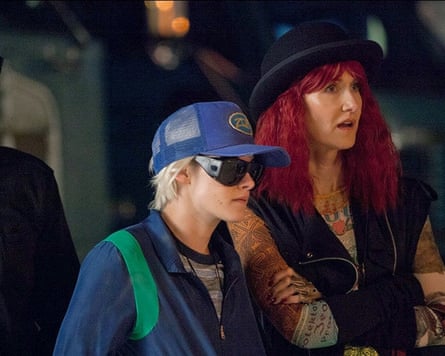
The timing couldn’t have been better. “Since she wasn’t officially out when she signed up, she jumped at the opportunity to play Sav, who was not just a lesbian but a queer woman who now identifies as non-binary – but at that time did not. There are already non-binary aspects to the character in the movie, though, in all the going back-and-forth between being a boy and a girl.”
Stewart worked closely with Knoop. “Kristen and Sav really hit it off. Sav’s a true artist: their whole style, their clothing. They wear the weirdest shit, it’s fucking incredible. Kristen was so into them as a person. One of the things she brought, I think, came from not being out at that point. Sav, the character, was pretending to be JT while also in the closet about being potentially trans and potentially non-binary, and not knowing how to put that out into the world. And Kristen was going through a similar thing: at that level of fame, you’re potentially gonna get attacked or ostracised for coming out. That idea of hiding part of one’s identity was something she wove into the character so beautifully in these very quiet ways. You can see in a lot of her roles that she’s dealing with identity. As Princess Diana, she’s trying to figure out who she is as someone who doesn’t want to be that famous.”
Her performance in Love Lies Bleeding, though, is the one that Kelly maintains is the closest to the Kristen Stewart he knows. “In JT LeRoy, she was playing someone so different from herself, even though there was that connection of both having a secret. Whereas I saw more of Kristen in Love Lies Bleeding, more of the real person in terms of being a badass bitch. I think it was a chance for her to do so many things she’s always wanted to do. To play a version of herself and to be super-fucking-gay. To have those sex scenes, the stuff about fingering, the ‘I wanna spread you’ line, licking the protein shake that spills on her girlfriend’s body, taking men down. All things that I believe she was dying to put out there.”
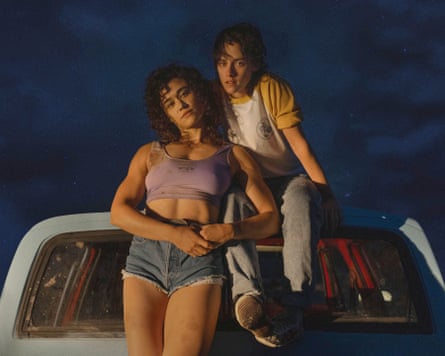
Looked at from this distance, I Am Michael and JT LeRoy play like cracked mirror images of each other. Both are inspired by real-life identity crises and capitalise on the actors’ off-screen baggage. Just as Stewart’s experience of being in the spotlight while hiding parts of herself informed JT LeRoy, so Franco’s teasing about his own sexuality enhanced I Am Michael, a film that hinges on the sincerity or otherwise of his character’s conversion. A formerly gay man trying to convince the world he is now straight was being played by a straight actor who had long hinted that he might be gay.
“I don’t think I was conscious of it at the time,” says Kelly. “But now you bring it up, it probably did help. We’re watching this guy question his sexuality. It might also have helped him play the character as well. I don’t know whether James is gay or not.” He smiles. “I mean, everyone’s a little bit gay, so …”

 1 day ago
11
1 day ago
11
